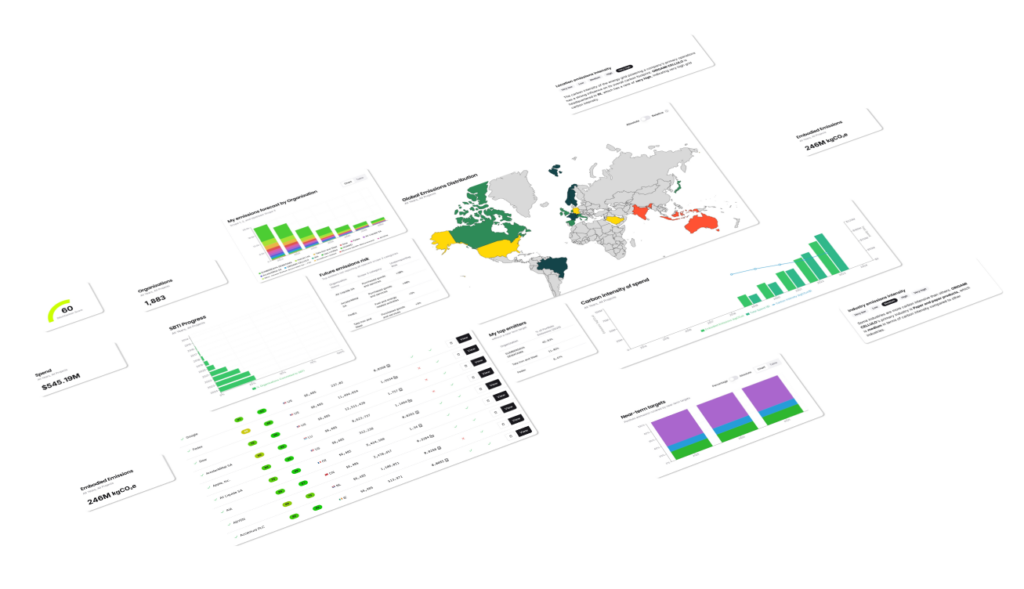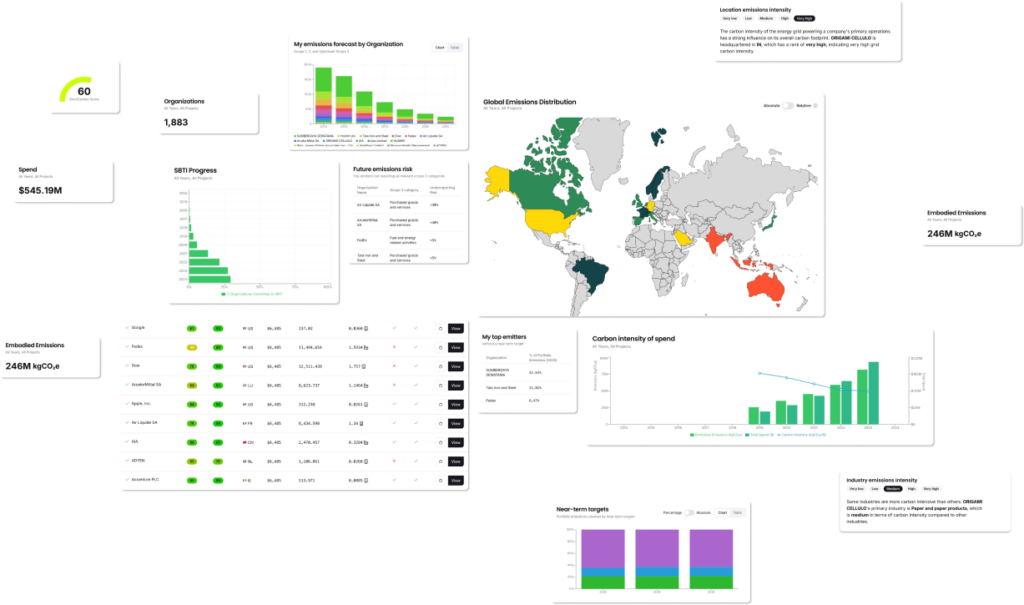
European Bank for Reconstruction and Development
Sustainability Report and Carbon Intensity Rankings
Is European Bank for Reconstruction and Development doing their part?
Their DitchCarbon score is 30
The European Bank for Reconstruction and Development has a DitchCarbon Score of 30 out of 100. This indicates a lower performance in sustainability efforts and a higher carbon intensity in its operations. The bank may need to implement more effective strategies to reduce its carbon footprint and improve its sustainability measures.
This was calculated based on 30+ company specific emissions data points, the higher the score, the better. Check out our methodology.
Industry emissions intensity
Very low
Low
Medium
High
Very high
The European Bank for Reconstruction and Development is part of the finance sector, which has a carbon intensity ranking of very low. Some industries are more damaging than others, this ranking gives you an indication of how carbon intensive the industry is which this company operates in.
Location emissions intensity
Very low
Low
Medium
High
Very high
The European Bank for Reconstruction and Development, located in the United Kingdom, benefits from the country’s very low carbon intensity rating. This favorable environmental context supports the bank’s sustainability efforts by reducing its carbon footprint through regional energy practices.
Unlock 30+ emissions data points on European Bank for Reconstruction and Development
Get the emissions intelligence you need, no surveys required.
– Historical Scope 1, 2 and 3 emissions
– Coverage of all industries, product level data
– Emissions forecasting, assurances

Unlock 30+ emissions data points on European Bank for Reconstruction and Development
Get the emissions intelligence you need, no surveys required.
– Historical Scope 1, 2 and 3 emissions
– Coverage of all industries, product level data
– Emissions forecasting, assurances


20.83%
...this company is doing 20.83% worse in emissions than the industry average.
The European Bank for Reconstruction and Development, founded in 1991 and headquartered in London, operates within the finance sector. It specializes in fostering market economies across central Europe, central Asia, and the southern and eastern Mediterranean by investing in and providing project financing. The bank supports private sector growth, privatisation, and policy enhancement, while also offering advice and resources to small and medium-sized businesses.
Bad news, European Bank yet to set SBTi commitments
The European Bank for Reconstruction and Development has not yet established specific commitments with the Science Based Targets initiative (SBTi). This means the bank is currently not aligned with any defined targets to reduce greenhouse gas emissions in line with climate science.

Not participating
Claim this profile
Are you associate with this company?
Help us improve our data and claim this profile.
Our methodology
Read about our emission calculation methodologies, and what the DitchCarbon Score means.
Other company reports in this industry
Looking for a specific company?
Search our company directory or contact us for custom data requests.